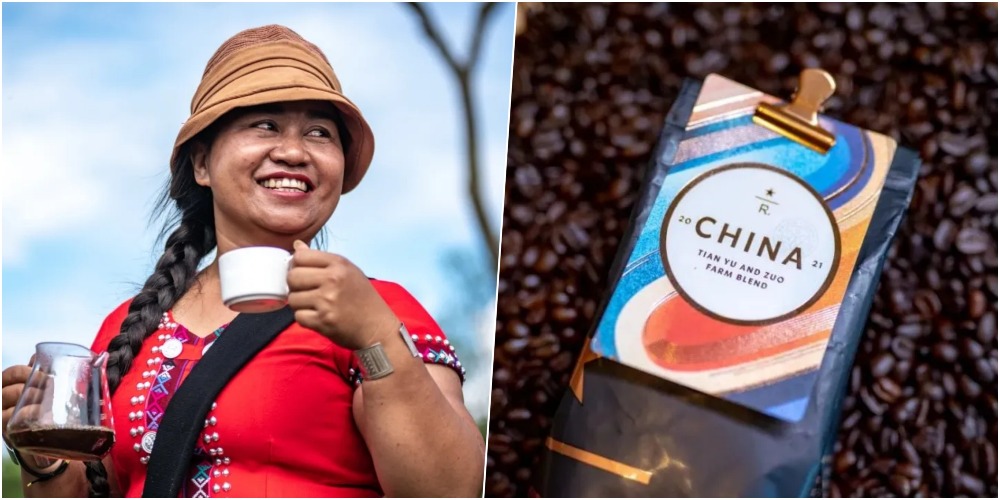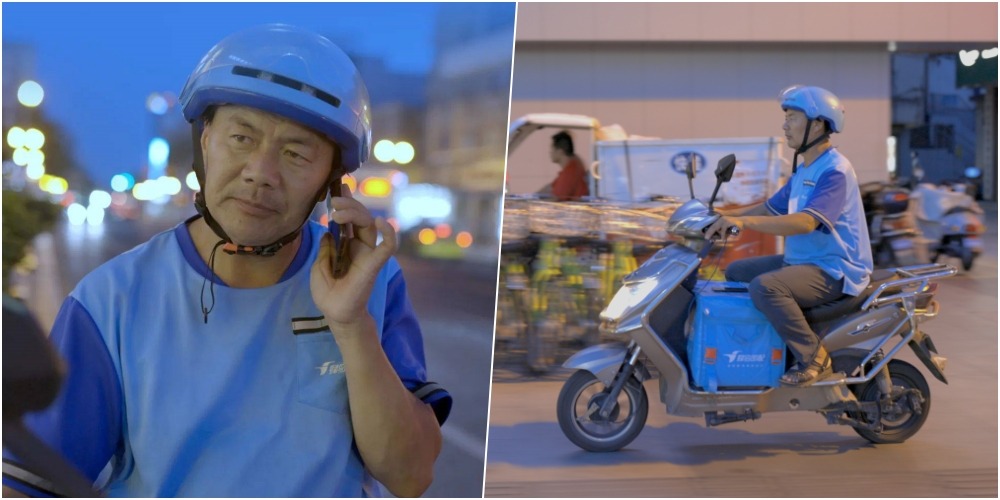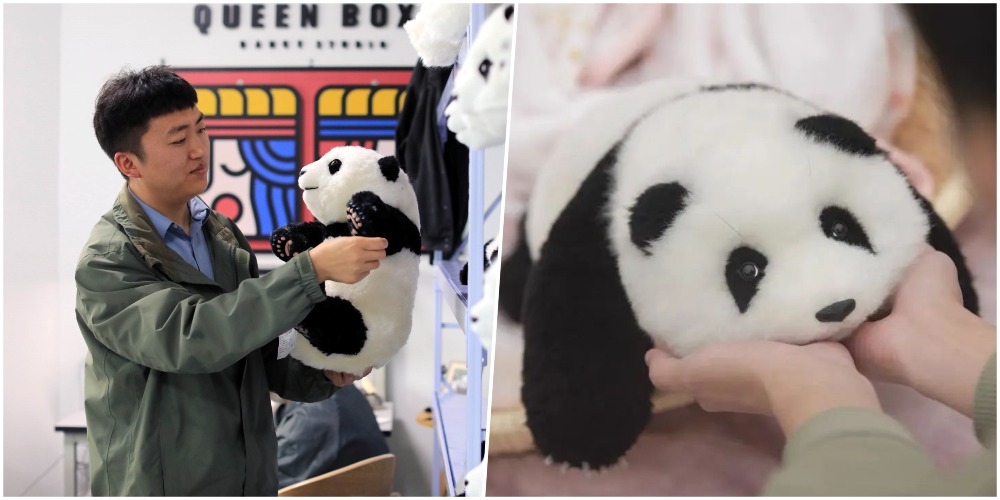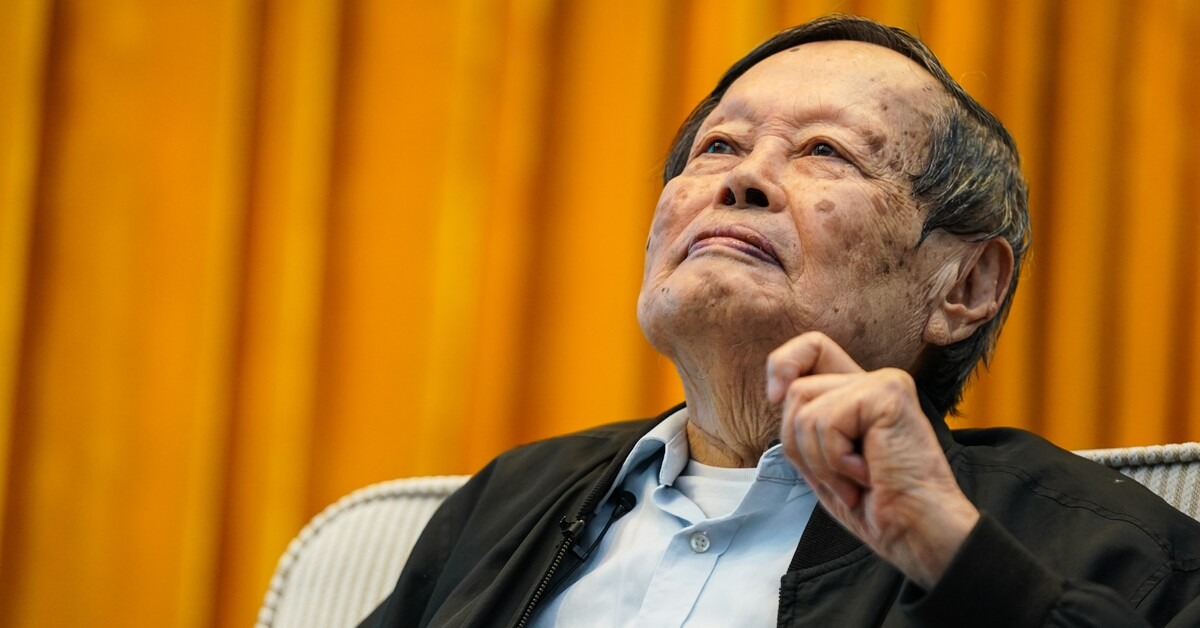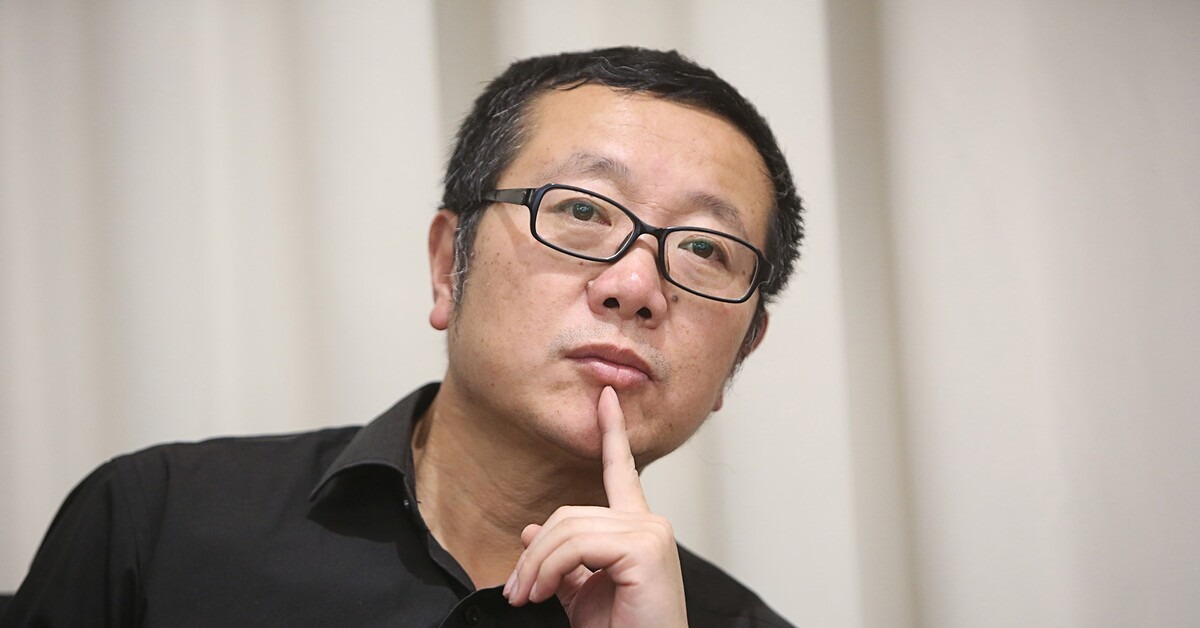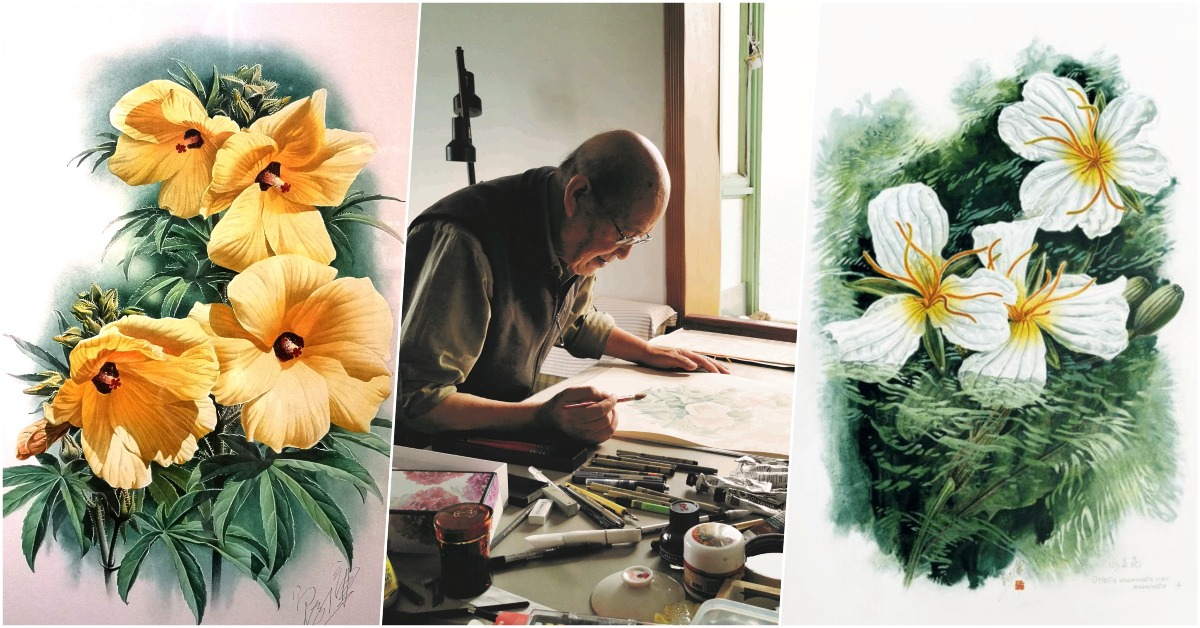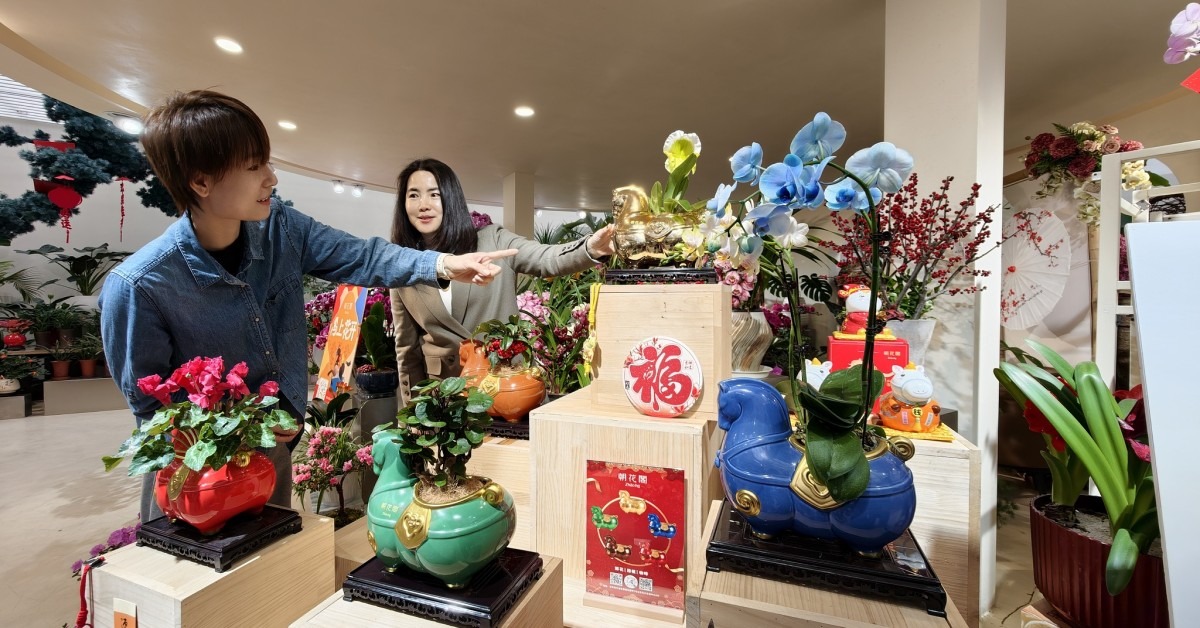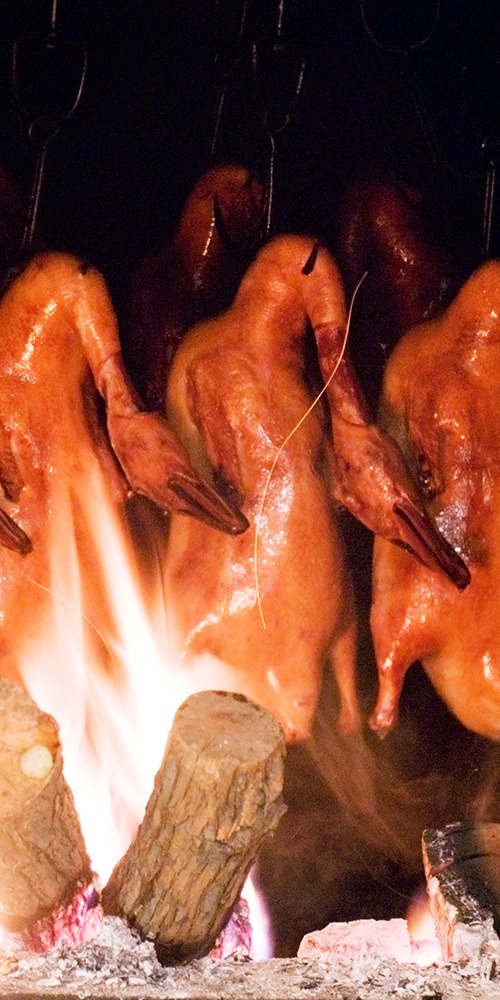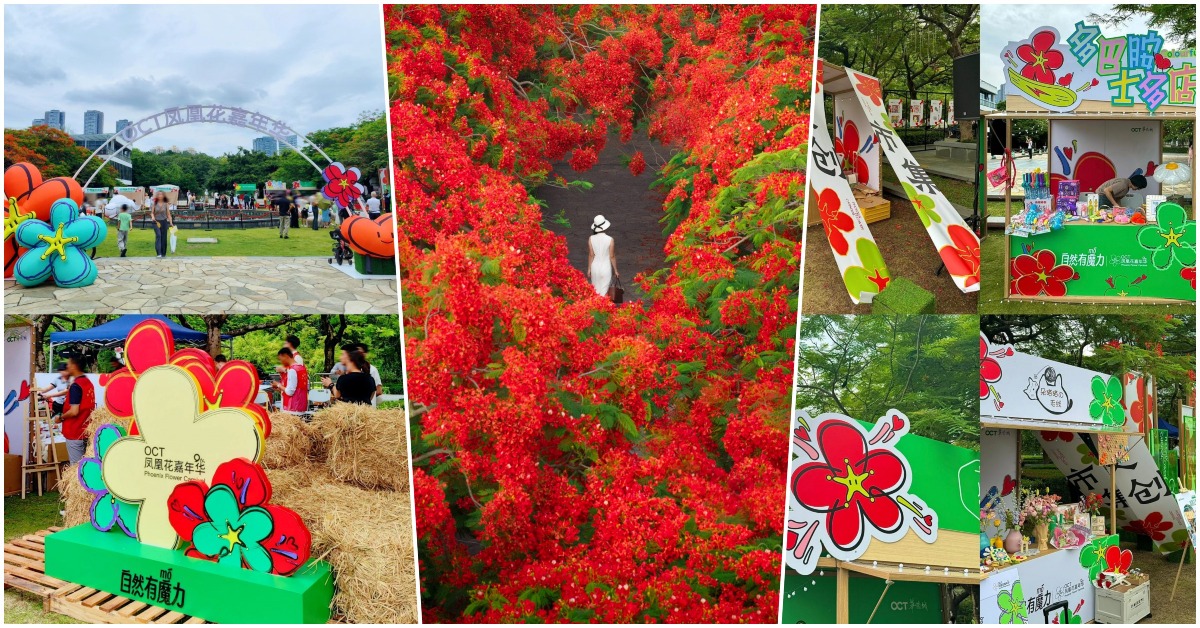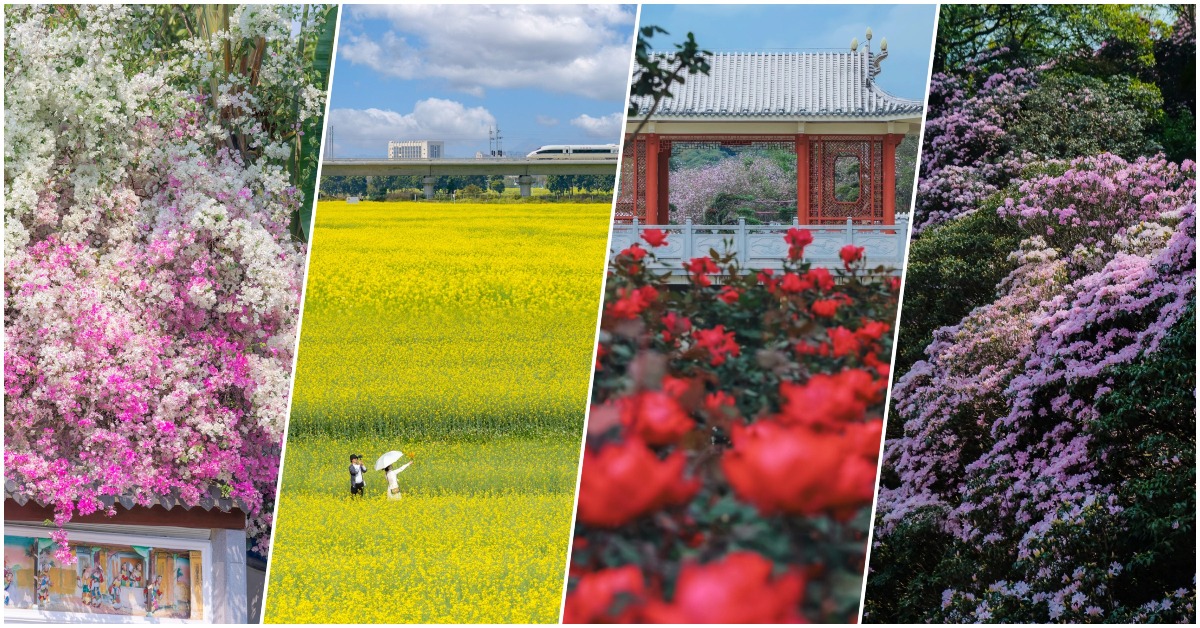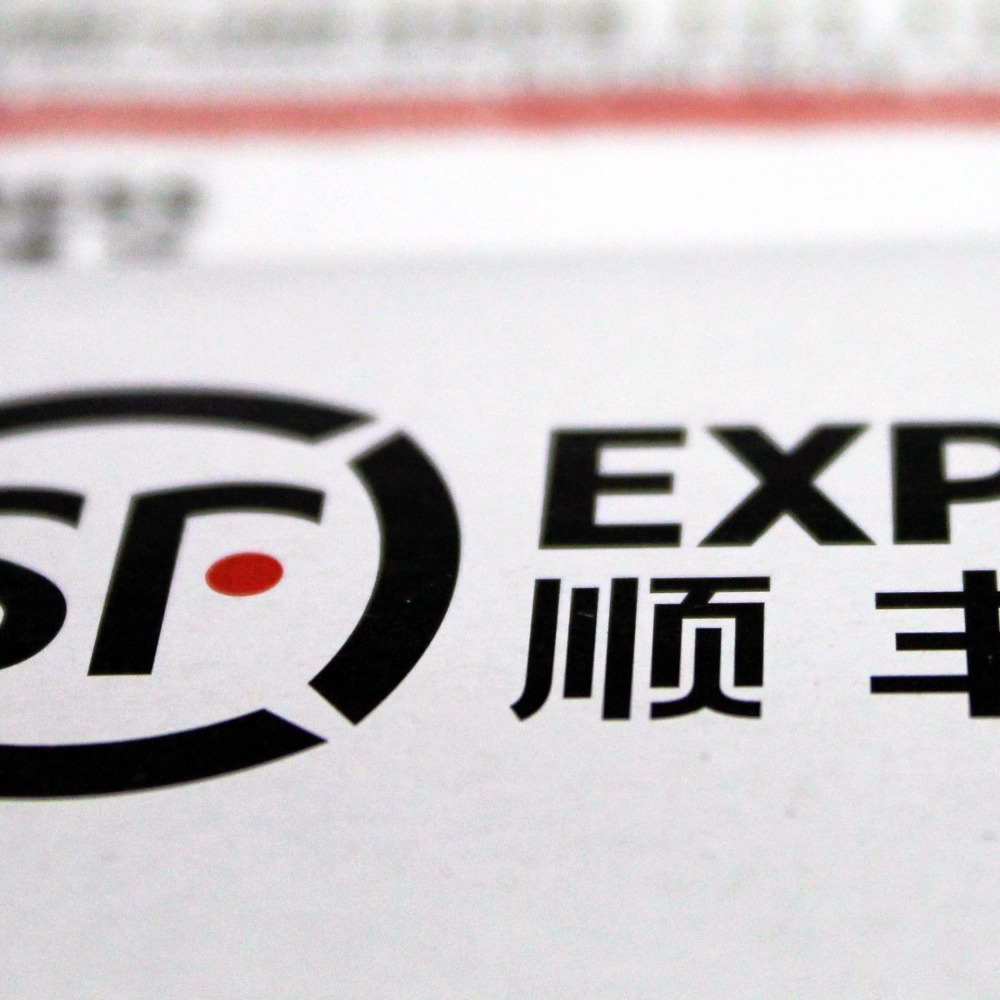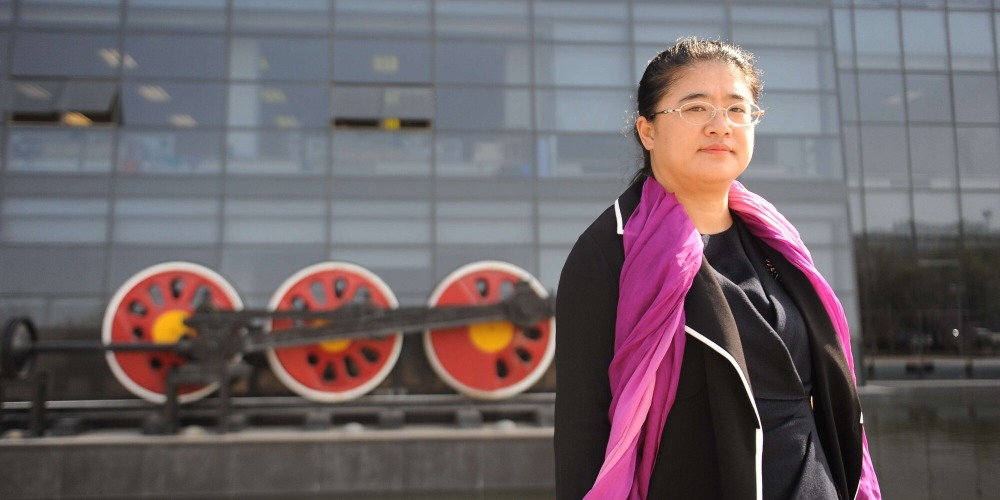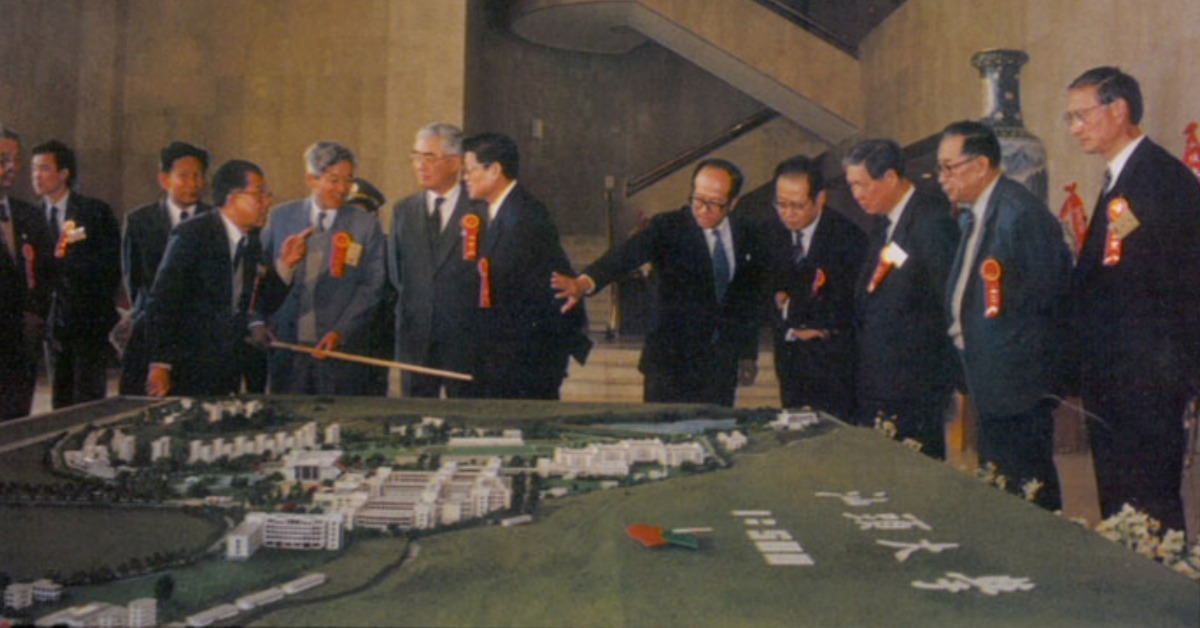Published : 2023-03-06
The coffee you buy at Starbucks might come from a small village in Yunnan, China. Not only that, the local coffee beans are even a favourite of the United Nations officials.
Behind this is the story of Ye Ping, a young woman from the Wa ethnic group (佤族) in southwest China's Yunnan Province.
How did this woman bring Chinese coffee beans to the world?
Ye Ping broke the tradition by growing coffee beans
In her 40s, Ye Ping is from Mangmao Village in Pu'er, Yunnan, which is a Wa village located at an altitude of about 1,500 metres.
As one of the few educated women in the village, Ye Ping stepped out of her home to do tea business to help support her family when she was young.
This was a remarkable move at that time.
Decades ago, Mangmao Village transitioned directly from a primitive world to modern society. Even around the year 2000, the village maintained a traditional lifestyle where men worked outside and women stayed at home.
Women were not allowed to dine at table or leave home; they could only do housework and take care of children. Not only did they have no status, they were also likely to suffer domestic violence.

When Ye Ping ventured into her tea business, and many people criticised her for being "improper". But fortunately, she got the support from her husband: "Why wouldn't I trust my wife? Just go your own way." Her family's trust helped her through the "roadblock" at the beginning.
Later, the tea business was somewhat successful, and Ye Ping began to try growing coffee beans a few years later.
The red and black fruit was very unfamiliar to Ye Ping: "It's so bitter, and I don't know what's so good about it. Even cattle and sheep don't want to eat it." But as long as there was a market, Ye Ping intended to give it a try.
In 2011, Ye Ping established Tianyu Coffee Cooperative (天宇咖啡合作社) named after her son, and also had encouraged dozens of sisters in the village to join. And the planting area had reached nearly 500 acres at that time.
Just as everything was getting on track, reality gave her a huge blow.
In 2013, the area suffered from the worst frost in a century, and her first attempt to grow coffee beans ended in failure. Ye Ping realised that determination alone is not enough to grow coffee beans; it requires technical knowledge as well.
Yunnan coffee made it to Starbucks' selection
At this point, a coffee enterprise has established a growers' support centre in the area, allowing young agronomists to move into the village and provide free training and technical support for coffee farmers.
In order to improve planting techniques, Ye Ping rushed to learn systematically.
Under the guidance of agronomists, the cooperative carried out nutritional tests for the coffee bean fields, formulated tailored fertilisers.
With continuously improving the planting processes, such as pest control, processing, and drainage, the quality of the coffee beans was largely improved.

In addition to cultivating, Ye Ping also began to learn about tasting coffee, trying to analyse the origin and appreciate the aroma.
"If you don't drink it, you can't tell if it's good when others ask you. So you must learn and understand it from all aspects before you can take the lead."
To truly understand the beans in her hands, she had tasted coffees from all over the world and gradually discovered their beauty.
In 2018, the coffee beans cultivated by Ye Ping won the first place in an industry competition.
Three years later, her beans were selected for Starbucks' premium series, which means that this type of beans can be tasted at Starbucks stores all over the world.

Apart from that, these beans have also made their way to the United Nations.
In 2021, Zhang Jun, China's representative to the United Nations, presented Ye Ping's coffee beans as a gift to representatives from various countries.
Looking back on this, Ye Ping still feels excited, "My goal is to let everyone in the world know that we, China, can also produce good coffee."

By this time, Ye Ping had almost become a celebrity. The crew of "The Endless Road", a documentary produced by Hong Kong's Television Broadcasts Limited (TVB), went to Yunnan. They were instantly attracted to her story and decided to introduce her experience to Hong Kong audiences.
"First bitter, then sweet, and then money"
In the meantime, the situation in the village also began to change little by little.
Currently, women account for 80% of the workforce in the coffee cooperative. They have an income, status, and a voice in their households, "earning my own money and spending it feels great".
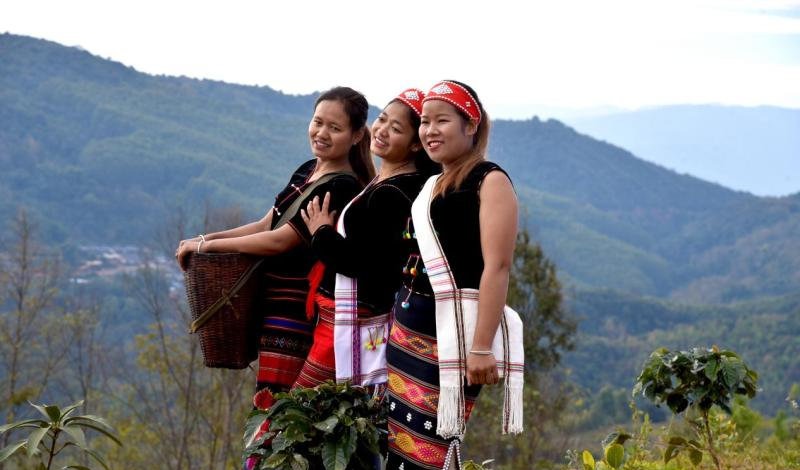
After decades of staying with coffee day and night, Ye Ping now finds coffee beans no longer simply the tool for making a living, but her passion and career, from which she could savour life.
"Coffee is like our life. When you don't understand, you only feel bitter. In fact, it's sweet inside bitterness. First bitter, then sweet, then money. The bitterness has already passed...."
She did not finish the second half of the sentence, but her hope and expectations are self-evident.
Read more: 6400 coffee shops|Is Shanghai the city that loves coffee the most?
Read more: Manner Coffee: From roadside to nationwide
